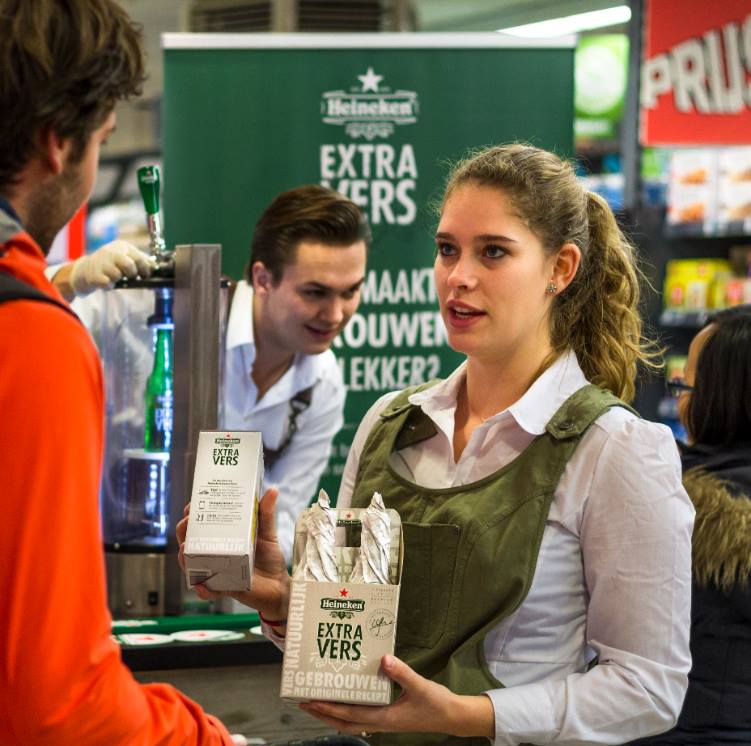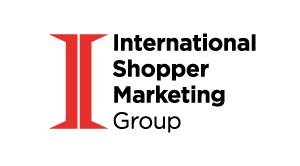
Society is finally showing itself to be open and life-orientated again after the corona-related closures in 2020 and 2021 with the Dutch and Belgian economies recovering rapidly. Given the resilience of businesses and employees, government support packages and the successful vaccination campaign, the economy is recovering even faster than expected and has already returned to pre-crisis levels.
While the field marketing industry continues to respond comparatively independently of the economic cycle, constraints have significantly reduced budgets over the past two years. With the economy recovering so quickly, the new challenge for many field marketing agencies in the Netherlands is to find enough suitable staff, which is equally increasingly noticeable in Belgium. This is because the recovery is also making itself felt in the labour market. The unemployment rate was already low before the pandemic and increased only slightly during the crisis. Although young people in particular lost their jobs during the crisis, there are now more vacancies than job seekers in this group as well.
The Corona pandemic also caused a significant increase in online spending, which is expected to continue. More and more consumers, including baby boomers, are more aware of the many benefits of online shopping. On the other hand, Corona also showed us that more people are buying locally. It therefore remains to be seen whether these trends will continue after the full impact of the Corona pandemic is over.
Supermarkets however have been able to hold their own, as people have increasingly relied on at-home consumption, although it has had to cede some market share to delivery services, especially in the big cities. Here, it can be observed that especially young consumers are using delivery services and are thus getting less and less into physical retail shops.
Shopper marketing also faced major challenges as a result of the pandemic. Face-to-face contact was suddenly a big issue and that is exactly what is so crucial in field marketing. Monsterscore Shopper Activation reacted swiftly to the impact, finding new ways to adapt the usual brand activations to enforced restrictions, but also in identifying new opportunities.
For almost 20 years, Monsterscore Shopper Activation has been running large-scale sampling campaigns and in-store demonstrations for FMCG producers and service providers in virtually all retail landscapes across the Netherlands and Belgium.
Monsterscore has proven that they are capable of running large-scale sampling campaigns and even in-store demonstrations during difficult Corona times and even during shop closures. For example, hundreds of thousands of samples were distributed for major manufacturers such as Nestlé, Heineken, Storck, Upfield, Unilever and others.
This was very remarkable and sometimes looked upon with disbelief by other ISMG members, but the good exchange between all ISMG agencies during the pandemic allowed us to share ideas and opportunities with each other. In this difficult time, this was a very positive side effect.
The outlook for shopper marketing in the post-Corona period is favourable. Yes it will be more challenging for marketers to reach people, especially young people, but field marketing is such a valuable tool that these challenges are already being addressed and new measurable innovative solutions are being proposed by both agencies and marketers.
For Monsterscore and its clients, it has also been shown that the added value of our international group, the ISMG, is increasing. Sharing knowledge and experience, as well as manpower and resources, leads to better and better campaigns. For our joint clients, this results provide extremely attractive advantages in terms of effectiveness, efficiency and the speed of implementation of field marketing campaigns.
